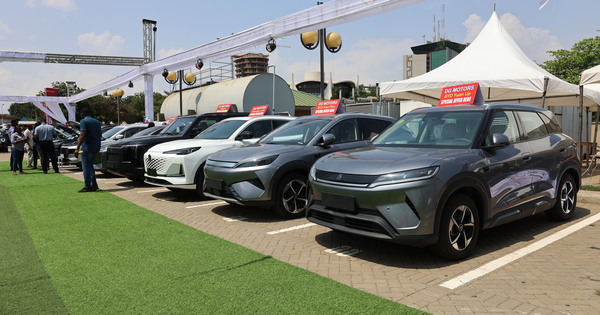Copyright thehindu

The hurling of a 19-year-old woman commuter, Sreekutty, from a moving Kerala Express train, allegedly by an inebriated person late Sunday, has triggered a public outcry and raised serious questions about passenger safety. The shocking crime also evoked the bleak contours of the rape and murder of a 23-year-old woman, Soumya, on a late-night train travelling from Ernakulam to Shornur in 2011. Lawyer and women’s rights activist K. Sandhya says travelling by train in Kerala entailed some risks, especially for women and children. She recalled a harrowing experience she had on the Sabari Express while returning to Thiruvananthapuram from Ernakulam in June. “A woman attacked me without any apparent reason. I searched in vain for an officer or a helpline number. The attacker kept lunging at me. The coach was largely empty. Subsequently, the Railway Protection Force (RPF) boarded the train at Kollam and detained the woman. I pressed a criminal complaint. It later turned out that the attacker was under psychiatric care,” she said. Another young lawyer, who regularly commutes to Ernakulam from Thiruvananthapuram, said that late-night trains lacked an overt police presence. “Mobile phone connectivity is patchy at times, and unchallenged disruptive and violent behaviour puts transit riders, especially those travelling alone, at considerable risk”, The lawyer said incidents involving drunken passengers and general bad behaviour, including speaking loudly, using profanity, and exhibiting intimidating behaviour, were common on ordinary trains. Leader of the Opposition V. D. Satheesan said the attack on Sreekutty reflected poorly on law enforcement. He accused the government of taking women’s safety lightly. He demanded an enhanced, overt police presence on railway platforms and late-night trains. Superintendent of Police, Government Railway Police (GRP), K. S. Shahansha, told The Hindu that the administration would launch a mobile application to cover policing blind spots on trains, tracks and carriages. The technology-assisted reporting tool would help passengers and onlookers to report inappropriate behaviour and crime discreetly without putting them at risk. Moreover, the application will include a lost-and-found feature. “It would be a force multiplier”, he added. Mr Shahansha said currently, 36 GRP patrol teams cover trains running through Kerala. “We are dynamically analysing the crime pattern in train cars, alongside tracks, including stoning, and also on platforms to prepare a flexible and adaptive policing template”, Mr Shahanshah said. Mr. Shahansha observed that policing tactics varied from train to train. “For one, rail passengers bound for Guruvayur Temple have women, children, and senior citizens sporting gold jewellery, making them vulnerable to chain snatching and theft,” he added. Mr Shahansha stated the GRP would insist on police verification for temporary employees, vendors and those running stalls on railway platforms. “We have also procured more breath analysers to detect inebriation, and cracking down on alcohol and drug abuse on trains is a GRP policing priority”, he said.



